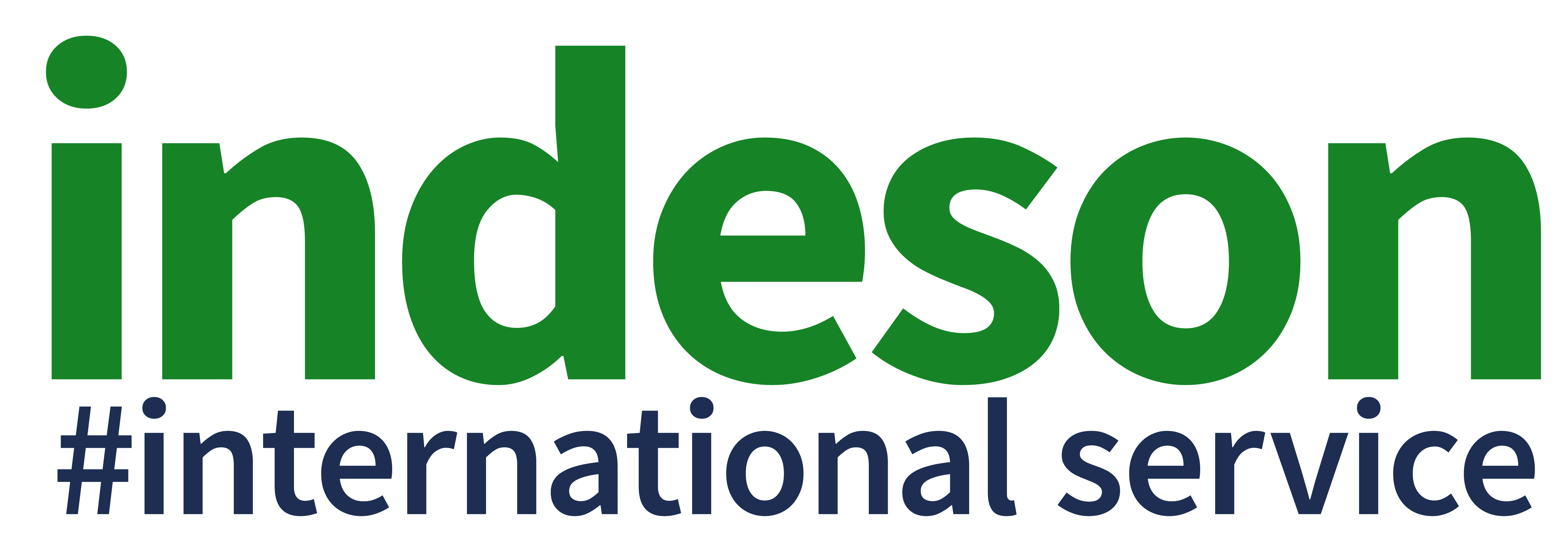Private Sector Participation Services

Private sector participation in the development and implementation of TVET programs, as well as policy and legislation, can help to ensure that these programs are aligned with the needs and priorities of the private sector. Private companies can support TVET programs by providing funding, resources, and expertise, which can help to ensure that students are receiving education and training that is relevant to the job opportunities available in the private sector.
- Private sector participation provides access to additional resources and capital which can be invested in training programs, technology, and other initiatives needed to strengthen the skills of the workforce.
- It helps to ensure that training programs are relevant and up-to-date, as private sector representatives can provide feedback and advice on the quality of courses and the competencies that are taught.
- It helps to create strong partnerships between businesses and educational institutions, resulting in increased job opportunities for graduates.
- It facilitates the transfer of knowledge and best practices from the private sector to the education sector, providing access to modern methods and techniques.
- It helps to create a more vibrant and competitive economy, as businesses are able to recruit a qualified and skilled workforce, leading to increased productivity and growth.
Private sector participation can provide a wide range of resources and expertise to TVET programs. Private sector involvement can ensure that the training programs are designed with the current and future needs of the job market in mind. It can offer the practical experience and the necessary resources to develop high-quality and tailored TVET programs that are equipped to meet the needs of the local economy. This can include providing access to curriculum resources, training materials, and experts to assist in the development of the program. Private sector organizations can also provide valuable job placement and internship opportunities for TVET program participants, allowing them to gain hands-on experience in the field.
Furthermore, involving the private sector can provide a financial incentive for the TVET programs to remain relevant and up to date. Private sector organizations can offer both financial resources and technical assistance to support the development and maintenance of the TVET programs. This can include providing funding for the training programs or offering grants to implement new technologies or curriculum updates. Additionally, private sector organizations can offer technical assistance in the form of expert advice and mentorship programs to ensure the program is adapted to the changing needs of the job market. By providing these resources, private sector organizations can help ensure that TVET programs remain relevant and up to date.
Overall, private sector participation is essential to ensure that TVET programs are well-designed, effective, and adapted to the changing needs of the local economy. Through private sector resources and expertise, TVET programs can become more relevant, market-oriented, and financially sustainable. Private sector organizations can offer a wide range of resources, including financial and technical assistance, to ensure the quality and relevance of the TVET programs. This can help ensure that TVET programs remain competitive and can better prepare students for successful careers in the job market.
